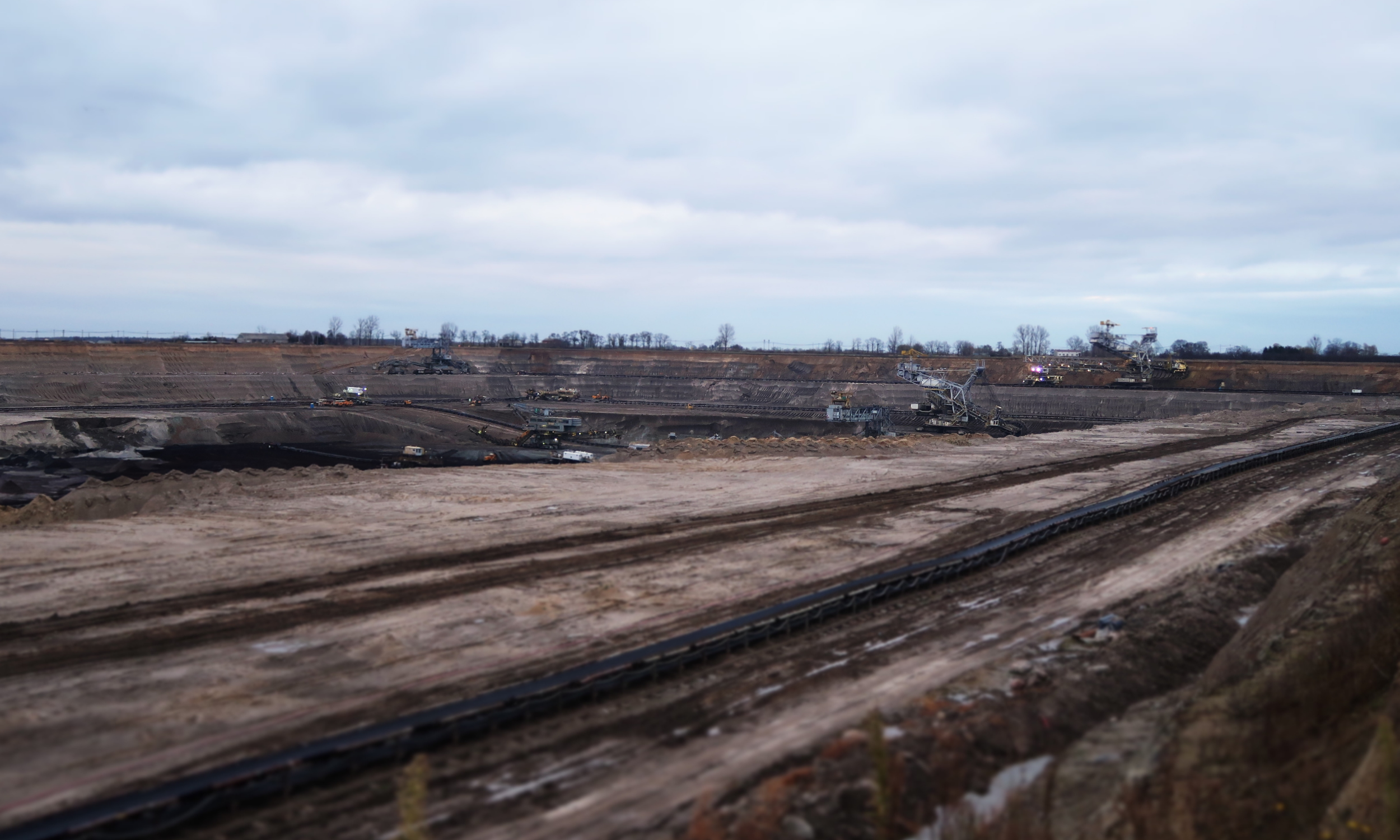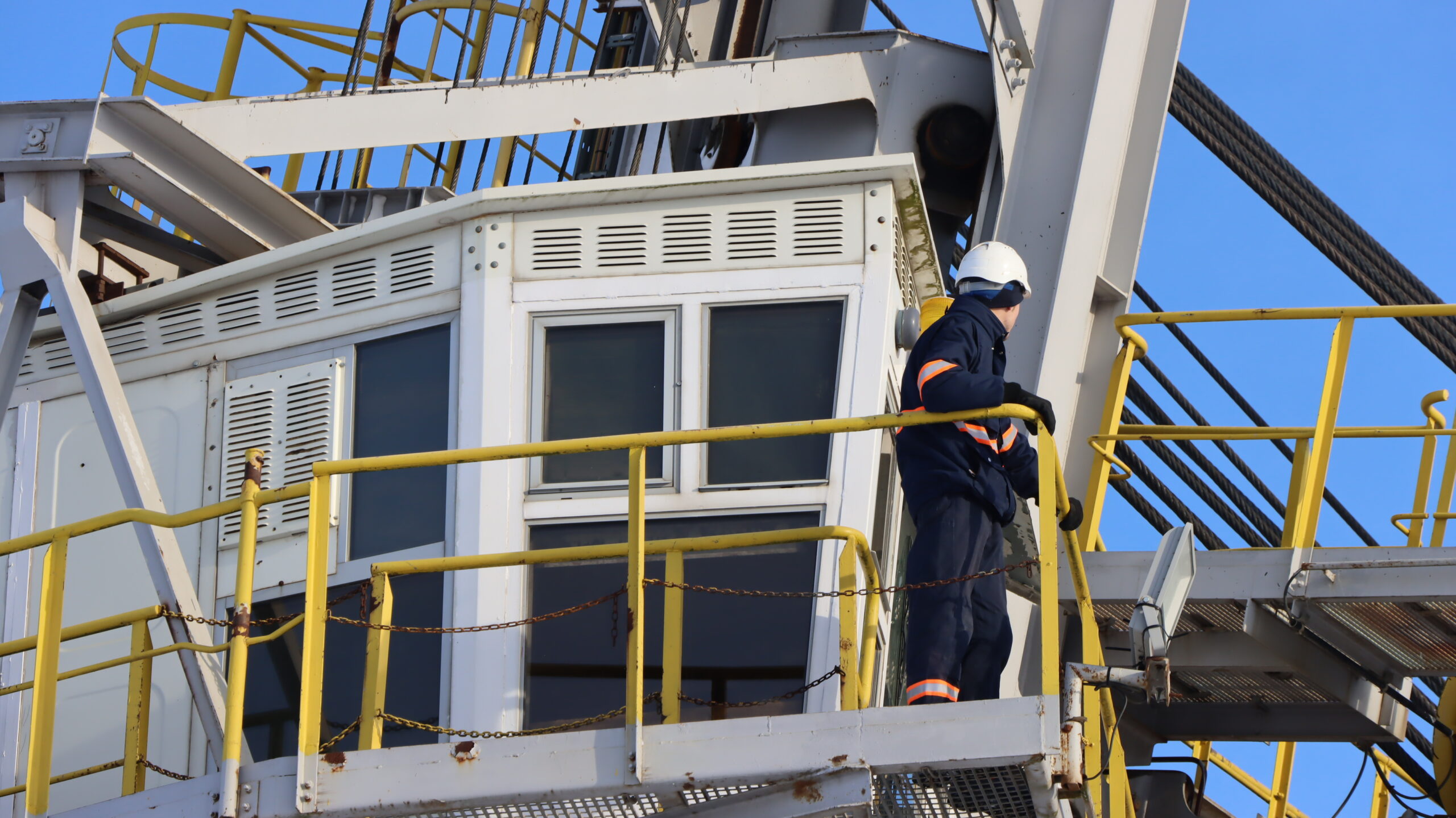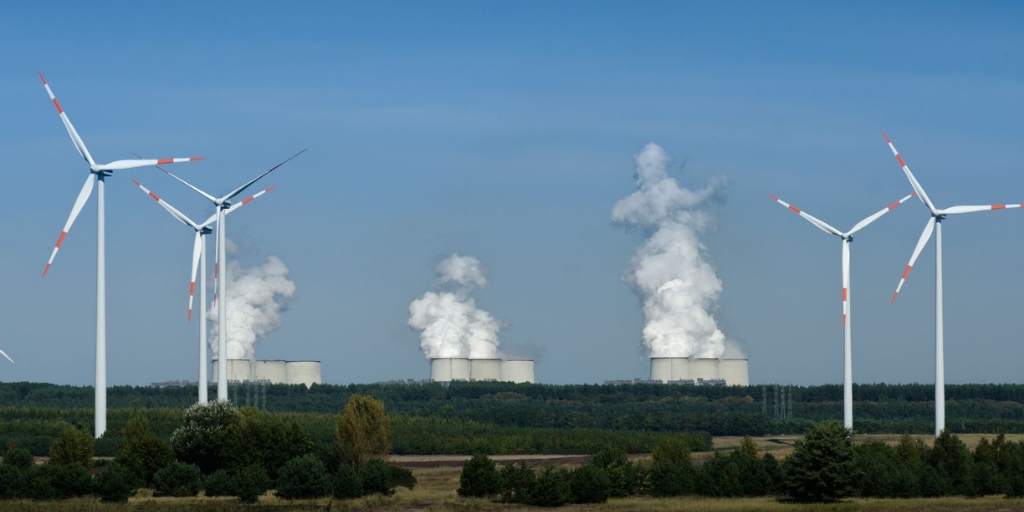Europe has ambitions to become a global leader in the fight against climate breakdown. Transforming the continent’s energy systems and shifting towards climate-friendly alternatives requires massive investments, especially in central and eastern Europe, where outdated infrastructure and a reliance on fossil fuels persists.
The good news is that the EU has the financial means to fund this transformation. The challenge is ensuring that the investments of today are geared towards addressing the climate crisis and Europe’s declining state of nature.
We know that when people have a voice in investment decisions, the results speak for themselves: more acceptance and ownership of spending and a greater chance that harmful and wasteful projects are avoided.
We work to ensure that EU financial flows address the climate crisis and do no harm to people and nature. We do this by involving the public in the design and spending of EU investments.
IN FOCUS
Just transition
Countries across central and eastern Europe are committing to quit coal and shale oil. Now the task is to ensure that the just transition is driven from the bottom up and leaves no one behind as we move towards a sustainable energy future.

Building back biodiversity
Threats facing biodiversity are increasing alongside the drivers of the climate crisis. But investments in climate protection should not come at the expense of those that can help biodiversity. The two crises of climate and biodiversity are interconnected and both must be tackled together, because only by investing in nature can we tackle climate change.

RegENERate: Mobilising Regions for Energetic Re-development and Transformative NECPs
The overall objective of the project is to support the CEE countries’ contribution to the EU efforts towards a net-zero emissions future. The project will contribute to more ambitious and effective climate and energy policies in CEE, backed by a long-term commitment to phase out fossil fuels, improve energy efficiency and promote renewable energy.

RePower the Regions: Ambitious and inclusive clean energy plans for repowering the just transition regions
The participation and leadership of carbon-intensive regions in transitioning to clean energy solutions are prerequisites for achieving EU climate neutrality by 2050. Building on this premise, RePower the Regions aims to ensure that the regions’ clean energy plans are aligned with EU 2030 climate goals and have strong support locally, and to provide practical guidelines and roadmaps on how to repower the regions.

Latest news
Urgent call for central and eastern European countries to raise their NECP climate ambitions
Press release | 27 June, 2024With the deadline (30 June) for EU Member States to submit their national energy and climate plans (NECPs) fast approaching, concerns are growing that CEE countries are not showing the ambition needed to meet their 2030 climate and energy targets.
Read moreEnvironmental groups slate EU plans to weaken nature safeguards in the Western Balkans, Ukraine, Moldova and Georgia
Press release | 25 June, 2024The European Commission must revise ill-advised plans to undermine nature protection rules for renewable energy projects – including hydropower and biomass – under the Energy Community Treaty (1), 40 civil society organisations today underlined in a joint letter.
Read morePoor planning by the European Investment Bank puts at risk one of the largest wind energy projects in the Western Balkans
Blog entry | 19 June, 2024Following concerns from local people, the Aarhus Centre in Sarajevo and CEE Bankwatch Network have started legal actions on the lack of environmental impact assessment and appropriate assessment for the 132 MW Poklečani wind project in Bosnia and Herzegovina (BiH). Hasty decisions by the Federation of BiH authorities and European Investment Bank might end up delaying the project for years.
Read moreRelated publications
Assessment of Programme Slovakia
Briefing | 4 October, 2022 | Download PDFThis briefing offers an analysis of Slovakia’s operational programme for 2021-2027 and recommendations regarding the potential for increasing the programme’s climate and environmental contributions.
Capacity-Building Workshops in Just Transition Regions
Manual | 10 August, 2022 | Download PDFThe manual aims to provide an easy-to-use and concise overview of the main issues that have to be addressed when organising capacity-building workshops in just transition regions. It also includes a practical checklist that can be used to organise such events.
Comments on the proposal to amend the Recovery and Resilience Facility regulation in the context of REpowerEU
Briefing | 20 July, 2022 | Download PDFThe briefing, prepared by CAN Europe and CEE Bankwatch Network and sent to the Members of the European Parliament on 19th July 2022, assesses key components of the European Commission’s proposal to amend the Recovery and Resilience Facility regulation in the context of the REPowerEU plan and proposes recommendations to feed in the legislative process

